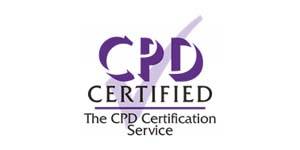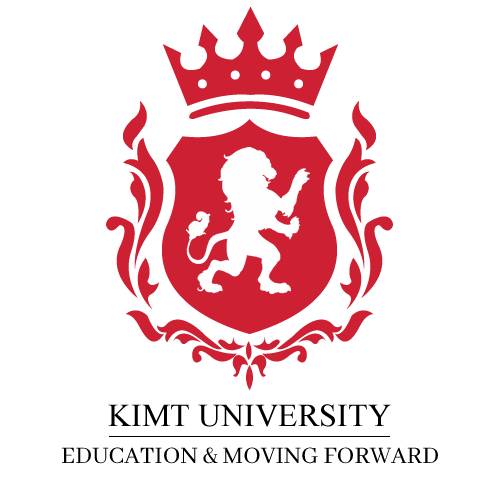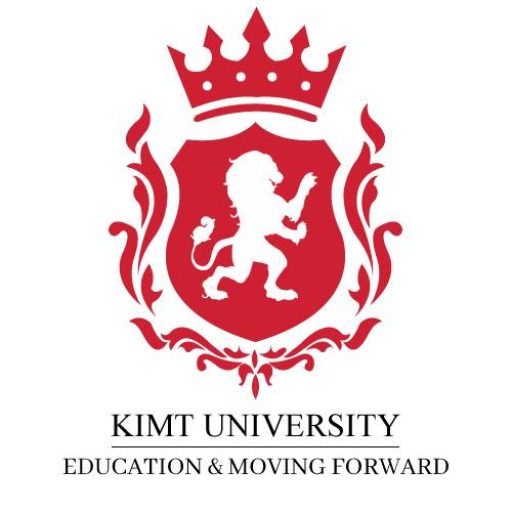
Entry Requirements
Bachelor or equivalent
Study Mode
Online
Duration
1 year (Regular)/6 months (Fast track)
Timetable
Various
Key Features & Benefits
- Holistic Approach – Covers quality management frameworks, process optimization, and regulatory compliance.
- Global Standards: Aligned with Georgian, EU, UK, and US educational frameworks.
- Research-Oriented – Includes a 12-credit thesis, allowing students to conduct independent research in quality management.
- Flexible Learning – Delivered entirely online, enabling students to balance their studies with professional and personal commitments.
- Expert Faculty – Learn from experienced professionals and academics specializing in quality management.
- Career-Focused – Prepares graduates for leadership roles in quality assurance, process improvement, and compliance management.
The MSc in Total Quality Management (TQM) is a specialized program designed to equip students with advanced knowledge and practical skills in quality management, process improvement, and operational excellence. This program is ideal for professionals seeking leadership roles in quality assurance, compliance, and continuous improvement across various industries.
The curriculum integrates theoretical concepts with real-world applications, covering key areas such as quality control, Six Sigma, Lean management, and organizational excellence. Students will develop analytical and problem-solving abilities essential for ensuring high-quality standards and optimizing business processes.
Upon successful completion of the program, graduates will be able to:
- Analyze and implement quality management frameworks and methodologies.
- Evaluate and improve business processes to enhance efficiency and effectiveness.
- Demonstrate expertise in Six Sigma, Lean, and ISO standards.
- Conduct independent research on quality improvement and operational excellence.
- Apply leadership and strategic thinking in quality management roles.
- Promote ethical and sustainable quality management practices in organizations.
- Applicants to the degree programme must have successfully completed a bachelor’s degree in international relations, or related areas.
- Relevant professional experience in Total Quality Management (TQM) (preferred but not mandatory).
- Applicants who have obtained a Postgraduate Diploma of equivalent content and standard (level and credits) from another institution will be considered for admission to Stage 2 under the Recognition of Prior Learning Policy. Such applicants may apply for exemptions to some or all of Stages 1 and directly eligible to apply MSc Top up. They must have completed a minimum of 60 credits (or equivalent) at advanced degree level (Level 7 at RQF Level) in equivalent Total Quality Management (TQM) content and have a total of 120 credits (or equivalent) of relevant accredited prior learning. Such candidates must supply all supporting documentation at the time of application.
The MSc in Total Quality Management consists of 90 credits, divided into core courses, elective courses, and a capstone thesis. Each course is worth 6 credits, while the thesis accounts for 12 credits:
Summary of Courses
- Core Courses: 10 courses (60 credits)
- Elective Courses: 3 courses (18 credits)
- Capstone Project Report: 1 project (12 credits)
What you will Study
- Principles of Total Quality Management
- Quality Control and Assurance
- Lean Management and Six Sigma
- Process Improvement and Operational Excellence
- Research Methods in Quality Management
- Risk Management and Compliance
- Performance Measurement and Benchmarking
- ISO Standards and Regulatory Frameworks
- Change Management and Continuous Improvement
- Leadership in Quality Management
- Elective Course 1
- Elective Course 2
- Elective Course 3
- Capstone Thesis
Elective Courses
Students can choose three elective courses from the following options:
- Supply Chain Quality Management
- Data Analytics for Quality Improvement
- Sustainable Quality Management Practices
- Customer Satisfaction and Service Quality
- Ethics and Corporate Social Responsibility
To successfully complete the MSc in Total Quality Management, students are expected to:
- Dedicate approximately 15-20 hours per week to coursework, including readings, assignments, and discussions.
- Actively participate in online forums, webinars, and collaborative projects.
- Complete all assignments, exams, and the capstone project within the stipulated deadlines.
- Maintain regular communication with faculty and peers to enhance learning outcomes.
- Exhibit strong self-discipline and time-management skills to balance studies with other commitments.
- 90% Assignments
- 10% Presentation and viva
- At the end of the program each student also submits a research project paper
All of the following items must be submitted on or before the application closing date. They may be submitted online.
- CV (maximum 2 pages).
- Passport size photograph
- A personal statement of approximately 350 – 400 words. The personal statement should focus on the applicant’s interest in Total Quality Management, how they expect the programme will impact on their career and how they plan to balance their work, life and study commitments.
- Copies of bachelor certificate (or equivalent) or post-graduate certificate diploma or degree parchments, as well as transcripts of associated results.
Students apply to the KIMT online application system. To apply, simply click on and follow the instructions. A non-refundable application fee applies. The application fee is paid online. Further information about applications, contact at admissions@kimtuniversity.com
Request a Follow-Up
Career Opportunities
Graduates of this program will be prepared for leadership roles in areas such as:
- Quality Assurance and Compliance (Manufacturing, Healthcare, IT, Banking, etc.)
- Process Improvement & Lean Management
- Supply Chain and Logistics Quality Management
- Regulatory and Risk Management
- Business Excellence and Performance Benchmarking
- Academia and Research
This program equips students with the knowledge and skills to drive continuous improvement, enhance operational efficiency, and ensure quality excellence in organizations worldwide.
The program is accredited by



